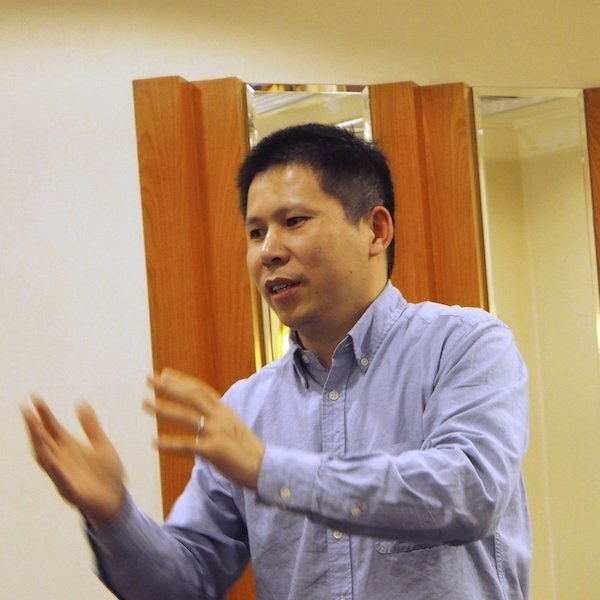By Jerome A. Cohen
Here is a useful update on the fate of foreign law firms that began to venture into the PRC in 1979. In 2020, four global firms have either closed offices or severed ties with a partner firm in mainland China, and in the last five years, eight top firms have closed at least one China office. This news has led me to reflect on the topic, since I was in on the start, before Chinese firms, which have now become such formidable competitors and partners, had even been formally re-established after the end of the Cultural Revolution. This story has to be viewed as part of the broader efforts by American and other Western firms to establish offices throughout East Asia after the end of World War II and especially following the Korean war. Local lawyers in each of the East Asian countries, some freshly returned from study in North America, the UK and the Continent, often did their best to resist the foreigners’ entry into practice, although many in the governments of those countries often saw the desirable aspects of foreign entry for the modernization and internationalization of their economies and legal systems. There was a long, gradual acceptance of foreign firms, usually under careful restrictions that represented compromises with the local bar and under WTO and bilateral trade arrangements. These still exist to varying degrees.
Two anecdotes, both from the 1973-74 period, illustrate the situation. Japan’s quickly developing market was the first target of Western law firms. After Isaac Shapiro, then leading Milbank Tweed’s international efforts in Asia, persuaded the Japanese Foreign Ministry to allow him to set up shop in Tokyo -- NOT as a law firm but as the representative of the firm’s major client, The Chase Bank, I called on MOFA’s head of North American Affairs on behalf of Coudert Brothers, then another top international firm. Now that we had this favorable precedent, I said, was it not time to allow foreign law firms to establish Tokyo offices in their own names? With a straight face, this able Yale Law graduate, an evident sympathizer with the local bar, replied: “That was no precedent. That was a mistake!” Eventually, however, the situation In Japan improved for international law firms and that gradually had an influence elsewhere in the region.
In 1973, I met with Prime Minister Lee Kuan Yew on the subject in the hope of breaking the barrier Singapore lawyers had presented. Lee saw the utility of gradually introducing foreign firms in order to improve the legal services for international transactions in the rapidly developing area and to stimulate the rather sleepy local bar to higher standards. But he also did not want to suddenly break the rice bowls of local practitioners, especially since his wife and brother were running a profitable international law office. So, he decided to admit one foreign firm, Coudert Brothers, with a determination to admit others over time as conditions warranted, which is what happened.
It is notable that, even after that, the UK’s colonial government limited the entry and practice of non-UK firms in Hong Kong, and that only the 1997 “Handover” of HK to the PRC opened the way to the current more competitive situation in which PRC law firms have also played an increasing role.
One point to stress in evaluating the withdrawal of some foreign law firms from China is that some may have withdrawn for reasons unrelated to their China practice. The late, lamented Coudert Brothers, for example, which led the way for foreign law practice in Beijing beginning 1979, left the field because problems largely unrelated to China led to the firm’s dissolution!











